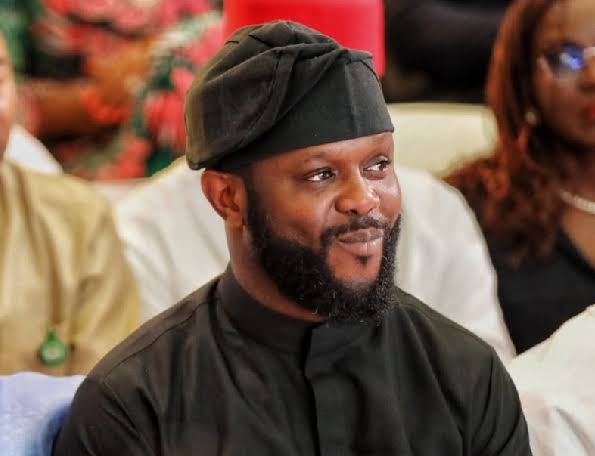Seyi Tinubu contribution has become a subject of discussion among Nigerians who watch how he steps into public life. His actions may not always draw the same attention as his father’s, but his influence is shaping real conversations. He has chosen a path that mixes philanthropy, youth empowerment, and quiet political involvement. While many young people often struggle to find space in leadership, Seyi shows that entry points exist when one combines vision with consistent action. People may not always agree with him, but his effort to support community growth remains undeniable.
From the early days of his involvement in public matters, he leaned strongly toward youth development. He understood the need to build platforms where young people can grow. That is why he has consistently supported initiatives that encourage entrepreneurship, sports, and creative arts. He believes that if opportunities open up for young Nigerians, then a wider transformation can begin. Because of this belief, he puts resources into programs that give direction and hope. This approach shows that influence is not only about politics but also about creating change at the community level.
Another major part of Seyi Tinubu contribution is his philanthropy. He often makes direct interventions that touch the lives of everyday Nigerians. Whether it is offering scholarships, donating equipment, or funding health-related projects, he tends to act in a hands-on way. Many families have felt relief through his gestures, especially in times when economic realities create tension. People remember the times he reached out during crises, and that has slowly built trust. His generosity often sparks conversations about how the privileged can give back. It also creates a ripple effect, encouraging others with means to step forward.
Beyond philanthropy, Seyi has played a role in politics, though more behind the scenes. His growing clout in Lagos has been noted, and speculation about his future remains strong. For many observers, his quiet but steady involvement suggests preparation for larger responsibilities. Youth groups that endorse him believe he could bring fresh energy to governance. Critics argue that his influence comes mainly from family ties, but his supporters insist that his work shows personal drive. This ongoing debate reflects how Nigerians view leadership succession and the role of family legacies in politics.
Despite criticism, Seyi continues to maintain a strong presence in the public space. He embraces opportunities to address issues directly and does not shy away from engaging with people. His openness helps him connect with young Nigerians who want leaders they can relate to. The fact that he is active in business, philanthropy, and civic causes makes him a multi-dimensional figure. This balance creates a narrative that goes beyond the simple label of being the president’s son. It positions him as an individual trying to carve out his own space.
The significance of Seyi Tinubu contribution lies in how it inspires conversations on responsibility. He shows that young leaders can push for positive impact even before holding major offices. His journey also highlights the importance of combining privilege with purpose. If he continues with consistency, his work could become a blueprint for how influential youths contribute meaningfully to society. For now, Nigerians continue to watch, debate, and measure the steps he takes. Regardless of where one stands, it is clear that his actions already leave a mark.





